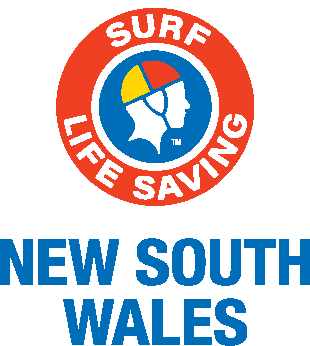The Surf Life Saving community welcomes the Federal Government’s recognition of the importance of swimming skills for primary aged children, but is urging politicians and educators not to neglect beach safety.
The Sport 2030 report outlines the need for all kids to have access to swimming and water safety education through a learn to swim program.
“Swimming skills are essential to our Australian coastal way of life. But being able to swim 25 metres in an indoor heated pool is very different to having the skills to be able to survive in the surf,” warned Surf Life Saving NSW CEO Steven Pearce.
“Unfortunately we continue to see people drowning on NSW beaches who can swim, but have no idea of the specific hazards present in our coastal environments.”
The most at-risk group of drowning on NSW beaches are males aged in the 15-34 bracket.
For this reason a huge focus for surf lifesavers is working with schools and community-based programs to help educate young people about surf safety, before they reach this at-risk age group. The iconic Nippers program run by surf clubs everywhere is a great way to teach kids how to stay safe in the surf.
Other programs such as Beach to Bush take the message of beach safety on the road to school kids in regional NSW, the Wet’n’Wild Sydney Nippers program will start their sixth season soon and there has been a significant effort to reach migrant and refugee communities in the last few years.
Steve Pearce says any program that helps children learn skills that will keep them safe around water is hugely important.
“There’s no question that learning to swim is a vital skill that will last a lifetime.
“We welcome any effort to improve aquatic skills for kids, but we’ll continue to focus on the importance of beach safety to give people survival skills for life.”
Beach Safety Tips
- Always swim between the red and yellow patrol flags, for your nearest patrolled beach check the BeachSafe app or website
- Read the safety signs for information about the beach and ask a lifesaver or lifeguard for safety information
- Always swim with someone else so you can look out for each other, and always supervise children around the water
- Never swim under the influence of alcohol or drugs
- If you need help in the water, stay calm and attract attention by raising one arm
- In an emergency, dial Triple Zero Police
- Don’t forget to be sun safe by remembering to: Slip on some protective clothing, Slop on some sunscreen, Slap on a hat, Slide on a pair of sunglasses, Seek some shade and Sip on lots of water to stay hydrated.
- For information about patrol times, weather, and beach locations visit the Beachsafe Website or Download the App.
Thursday 2 August 2018


